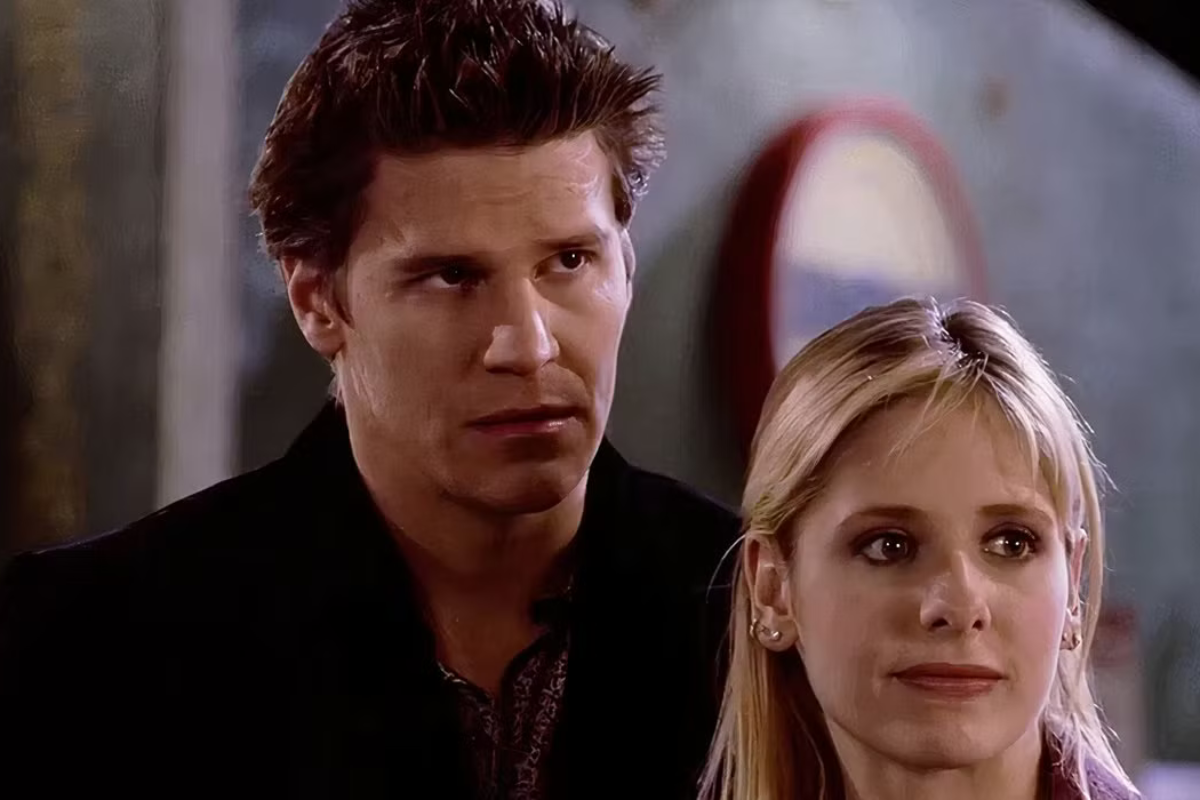Breaking In: Sometimes You Win, Sometimes You Lose, Sometimes it Rains
Click to tweet this article to your friends and followers! My two passions in life are movies and baseball, and the other day I watched my first tee-ball game. For those…
My two passions in life are movies and baseball, and the other day I watched my first tee-ball game. For those unfamiliar with tee-ball, it's a game for kindergarteners in which they bat off of a stationary tee, and supposedly learn the basics of baseball and have fun without the pressures of the real game or any "competition." In tee-ball, the pitcher doesn't pitch, you can't strike out, nobody gets plunked, everyone gets to play the game, and it doesn't really matter whether you win or lose. My reaction to tee-ball? Raspberries. Blech-phooey. Look, I'm no child psychologist. But if you ask me, tee-ball isn't going to produce the next Mike Trout or Masahiro Tanaka. What kind of baseball-- or life-- skills can you possibly learn from playing a game that doesn't involve aiming a pitch, practicing your timing for when to swing a bat, experiencing a sense of accomplishment in contributing to a victory for your team, and learning how to come back from a defeat?
What does all this have to do with screenwriting? Plenty. Screenwriting ain't tee-ball. If you want to be a screenwriter, you have to love the game. The real game. A tough game of skill and timing that you can win or lose. As a writer as well as a screenplay analyst, I've always viewed submitting my work as a test of whether or not I was ready for the major leagues. I've never understood why anyone would want to self-produce or self-publish their work. I want the bar to be set high. Where's the fun and sense of accomplishment in succeeding in something that is easy? I want there to be gatekeepers who are trying to keep me out until I'm good enough. Where's the fun in winning a game you can't lose? On the site of the old Yankee Stadium-- now a baseball field for high school teams-- there's a sign: "Sometimes you win, sometimes you lose, sometimes it rains." It's a quote from the movie Bull Durham. It's also a good lesson for young baseball players-- and for writers.
I always felt that rejections existed in the world to let me know when I was ready. Your screenplay is getting rejected? You're not ready. Maybe you have to rewrite your script. Possibly start another one. Maybe you shouldn't give up and they're just testing your resolve. How do you know the difference? When producers criticize or reject your script, do they mention the same thing that you secretly feared was what was wrong with it, and you were hoping nobody else would notice? If so, I'd pay very close attention to their comments. You also need to read a lot of screenplays from great, produced, financially successful movies. Is your work that good? If it isn't, you're not ready yet. Yes, you have to be that good.
When I was a teenage writer, I started submitting my work to The New Yorker magazine-- then (and, debatably, now) the best of the best. Always aim for the best. One day, I received their usual form rejection note, with only one word-- "Sorry"-- hand-lettered on the bottom, and it was signed by an editor. Believe me, I treasured that response. It meant that I was making progress. And, coming from The New Yorker, it was a big deal.
As a screenwriter and novelist, I don't want anything to come easily to me. How will I know I've really made it if it's easy to succeed? And what kind of meaning does it have to get your work published or produced if nobody cares about quality anymore-- or if there are no "gatekeepers" to keep out less-than-great work? My first novel was published after 55 rejections. It's now published by major publishers in 16 languages around the world, has won awards, and has had a movie deal with Al Pacino attached to star. Do I wish it had been easier to sell my first book? No. In the meantime, I kept busy getting good enough to write more screenplays and books, and to become an even better writer. I learned how to handle rejection-- and success. You don't want success to come too soon. When it comes, you want to have the skills, maturity, and self-discipline to handle it-- no matter how old you are. By the time I was 20, a major publisher had read one of my short stories and asked me to write a novel for them. I didn't do it. I was too young, and didn't have the patience or self-discipline. I wasn't ready yet, and I knew it. As I got older and more experienced in life and in writing, I got ready, and went on to have a successful writing career.
Yes, screenwriting ain't tee-ball. And thank God for that.
Keep pitching. See you next month.
STATON RABIN is a screenplay analyst and script marketing consultant who has been a reader for Warner Bros. Pictures, New Line, the William Morris Agency, top screenwriting contests-- and writers like you. She's taught screenwriting on land (at a major university) and sea (aboard the Queen Mary 2). An award-winning screenwriter/novelist (her BETSY AND THE EMPEROR from Simon & Schuster was optioned and in development for Al Pacino), Staton's writer clients have won screenwriting contests, and seen their scripts become movies. She's available for consultations and can be reached at Cutebunion@aol.com.
Watch ScriptMag Editor Share Her Advice on Facing Your Writing Fears
Jeanne Veillette Bowerman shares her personal story of facing her fears in order to propel her writing and her career. Click on the image below to watch Jeanne's advice. In just eight minutes, you might have a whole new perspective.
Related Articles and Tools to Help:
Staton Rabin (www.StatonRabin.com and www.ScreenplayMuse.com) is a screenplay marketing consultant, script analyst, and "pitch coach" for screenwriters at all levels of experience. She is also an optioned screenwriter, has been a reader for Warner Bros. Pictures, New Line Cinema, William Morris, and major screenwriting contests, and was a frequent guest lecturer at NYU. Her novel Betsy and the Emperor was at one time in development as a movie with Al Pacino attached to star. Staton Rabin is available for script reading/analysis and consultations and can be reached at Cutebunion@aol.com.







